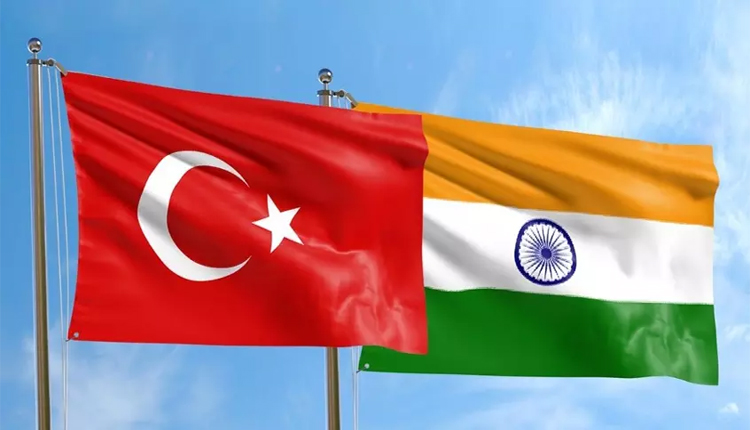New Delhi: In the shadow of May’s explosive Operation Sindoor—a daring Indian military blitz targeting terror camps in Pakistan after the Pahalgam massacre that claimed 26 lives—Turkey and Azerbaijan are reeling from an unexpected front: the wrath of Indian travellers. Their vocal backing of Islamabad during the five-day clash has sparked a tourism boycott, slashing visitor numbers and hammering economies that once banked on Bollywood-fueled wanderlust.
Fresh data paints a grim picture. Between May and August, Indian arrivals in Azerbaijan plunged 56%, while Turkey saw a 33.3% nosedive, per industry reports. Once rising stars on Indian itineraries—thanks to visa perks, direct flights, and scenic allure—these destinations now face a deluge of cancellations. MakeMyTrip, a go-to for millions, reported a staggering 60% drop in bookings post-operation, with 250% more refunds. “Indian sentiments run deep; we stand by them and advise skipping non-essential trips,” the platform urged on May 14. Some agencies have even paused package tours and hotel tie-ups temporarily.
The fallout stems from Ankara and Baku’s overt solidarity with Pakistan amid the strikes, which India framed as precision hits on Jaish-e-Mohammed and Lashkar-e-Taiba hideouts. Social media erupted in #BoycottTurkey calls, rerouting honeymooners and history buffs to Bangkok or Bali instead. “Why fund foes?” echoed one Delhiite who scrapped her Istanbul dream.
For nations eyeing India’s 1.4 billion-strong market—projected to swell tourism outflows to $45 billion by 2026—this sting could linger. As Diwali lights flicker across India, Turkey and Azerbaijan grapple with darkened ledgers, a stark reminder that diplomacy’s ripples reach far beyond battlefields.



Comments are closed.